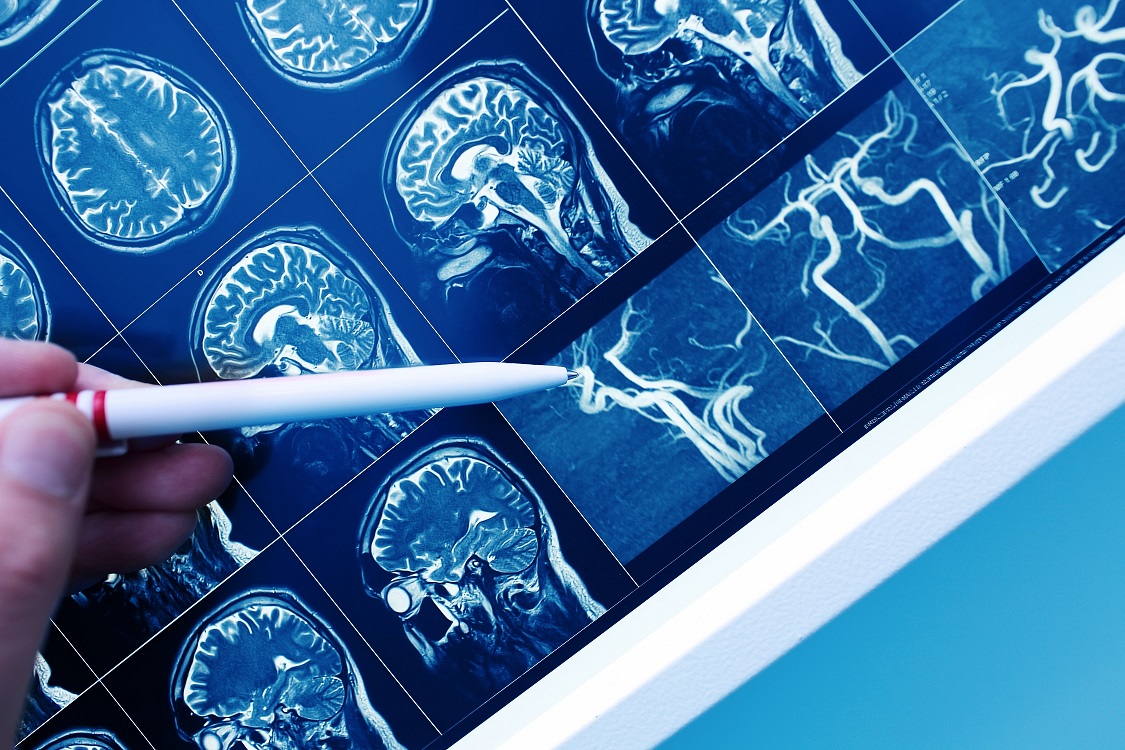
Vascular Dementia, Everything You Need to Know
Vascular dementia is a growing threat to seniors, and there is no known cure. A stroke most often causes vascular dementia, but it can also result from other types of injuries to the brain. As the disease advances, remembering things, thinking clearly, and walking can be difficult. If you’re a senior worried about vascular dementia, read on to learn about the symptoms and how to protect yourself.
Contents
What is Vascular Dementia?
Vascular dementia is a form of dementia caused by a decrease or loss of blood flow to the brain. As a result, they cannot provide your brain with the nutrition and oxygen it requires to function efficiently. This can result from several things, including a stroke, a heart attack, or a tumour.
There is no known cure for vascular dementia, but there are a number of ways to cit. Treatment also depends on the severity of dementia and the person’s age. The following are some ways to help people with vascular dementia include:
- Regularly taking medication to keep the blood pressure and heart rate stable
- Vegularly visiting the doctor to check for signs of a stroke or heart attack
- Regularly using a walker or wheelchair
- Participating in physical activity
Symptoms of Vascular Dementia
The symptoms of vascular dementia differ depending on which part of your brain has poor blood flow. The symptoms of Alzheimer’s disease frequently overlap with those of other types of dementia. In contrast to Alzheimer’s disease, the most significant symptoms of vascular dementia involve thinking speed and problem-solving rather than memory loss.
Among the signs and symptoms of vascular dementia are:
- Confusion
- Trouble paying attention and concentrating
- Reduced ability to organize thoughts or actions
- Decline in ability to analyze a situation, develop an effective plan, and communicate that plan to others
- Slowed thinking
- Difficulty with organization
- Difficulty deciding what to do next
- Problems with memory
- Restlessness and agitation
- Sudden or frequent urge to urinate or inability to control passing urine
- Depression or apathy
When symptoms of vascular dementia appear suddenly after a stroke, they may be the most obvious. When changes in your thinking and reasoning appear to relate to a stroke, this condition is known as post-stroke dementia.

Prevention Tips
Prevention of vascular dementia is key. The earlier the signs of the disease are detected, the better the chance for a successful treatment. For more on this, check out Early Diagnose Alzheimer’s & Dementia
There are many ways to prevent vascular dementia; here are some of the most important ones:
- Get a good night’s sleep. Most people who suffer from vascular dementia also suffer from sleep disorders. A good night’s sleep is vital for your overall health and can help to reduce the risk of developing vascular dementia.(alzheimers-and-sleep)
- Eat a balanced diet. The right diet can help to prevent the development of vascular dementia. Make sure to eat lots of fruits, vegetables, whole grains, and lean proteins.
- Exercise regularly. Exercise can improve blood flow and reduce the risk of developing vascular dementia.(best exercises for dementia patients)
- Limit your intake of alcohol. Alcohol can increase the risk of developing vascular dementia.(alcohol and dementia)
Diagnose of Vascular Dementia
By 2050, over 25 million people will be living with VaD, a disease that primarily affects the elderly. This number is expected to triple by the year 2085. It is precisely for this reason that an early diagnosis is crucial. The diagnosis, however, is complicated by a number of factors.
For example, Vascular dementia, like Alzheimer’s disease, can develop gradually. Furthermore, vascular disease and Alzheimer’s disease frequently coexist. Therefore, no single test can confirm vascular dementia since it can be tricky to tell the difference between the dementia types.
Still, Vascular dementia diagnosis begins when at least two types of thinking skills (such as memory and language) deteriorate due to a blood vessel blockage in your brain and impedes your capacity to operate in daily life. MRI brain scans are also worth considering since they can reveal more data regarding strokes, ministrokes, and blood vessel abnormalities and are reliable tests for diagnosing vascular dementia. For more on this, check out Can MRI Diagnose Alzheimer’s?
Treatment of Vascular Dementia
As vascular dementia progresses, patients may experience problems with thinking, memory, and coordination. They may also experience problems with walking, speaking, and swallowing. There is no cure for vascular dementia, but there are treatments that can help improve the symptoms. Treatment will depend on the extent of the damage and the person’s overall health.
Still, the most common treatments are medications to improve memory and cognitive function, as well as therapies to improve walking and swallowing—medicines such as cholinesterase inhibitors for dementia symptoms and antidepressants for sadness or other issues.

Resources for Vascular Dementia
Vascular dementia is a growing threat to seniors, and it’s important to know about the disease to provide the best possible care for those affected. The following are some resources for vascular dementia patients and their caregivers:
- A vascular dementia patient’s caregiver can find helpful information on the National Institute on Aging website. This website includes information on the symptoms of vascular dementia, treatments and strategies for caregivers, and a caregiver forum.
- The Alzheimer’s Association offers a wealth of information on vascular dementia on its website, including a fact sheet, a caregiver’s guide, and an online toolkit.
- The Alzheimer’s Association offers a free online resource called Alzheimer’s and Dementia: A Guide for Caregivers. This guide includes information on managing stress, managing medications, keeping a record of family history, and more.
- The Alzheimer’s Association also offers an online support group for caregivers of those with Alzheimer’s and vascular dementia.
Final Words
According to the Alzheimer’s Association, vascular dementia is a growing threat to seniors. Vascular dementia is a type of dementia triggered by problems with the blood vessels in the brain. The most noticeable symptoms of vascular dementia are gradual memory loss, confusion, and difficulty with everyday activities.
With an aging population, the number of people suffering from vascular dementia is likely to increase. And, since vascular dementia is so often misdiagnosed, there is a lot that we still don’t know about the disease.
Are there any alternative or complementary therapies that may help manage the symptoms of vascular dementia, such as acupuncture?
Hi, thanks for sharing this informative article.
Quick question: Can vascular dementia coexist with other types of dementia?